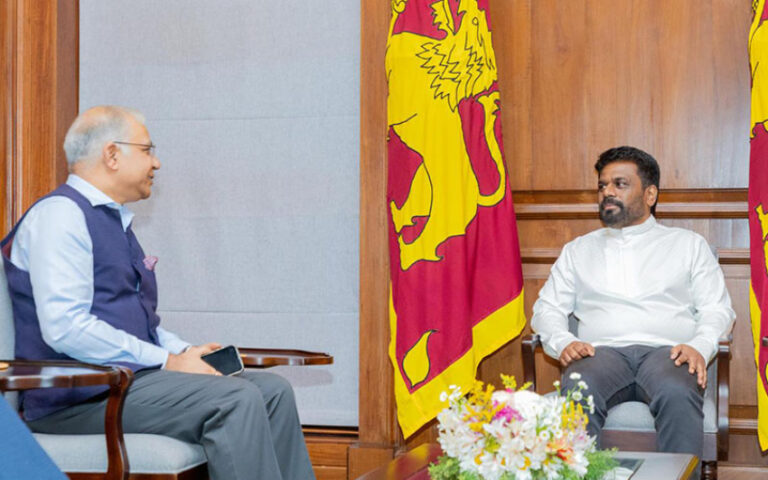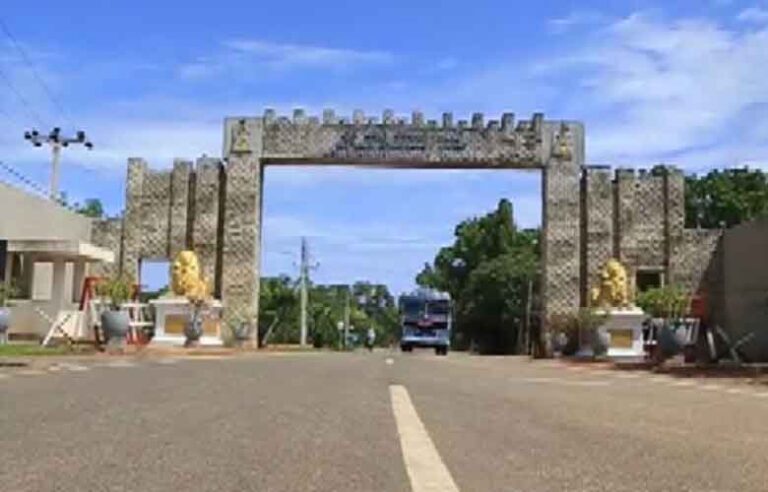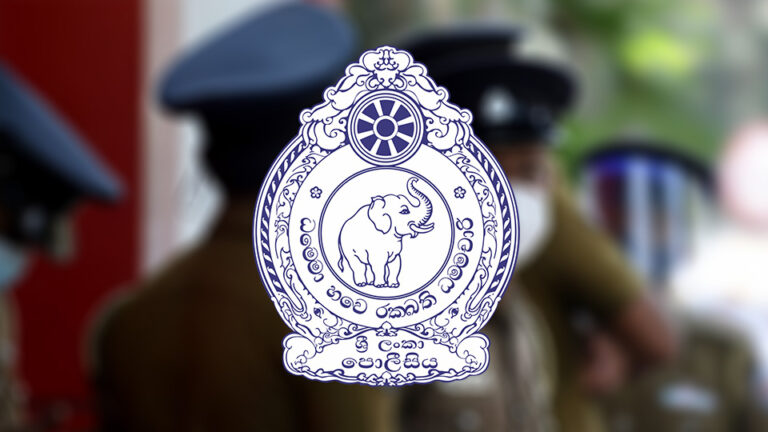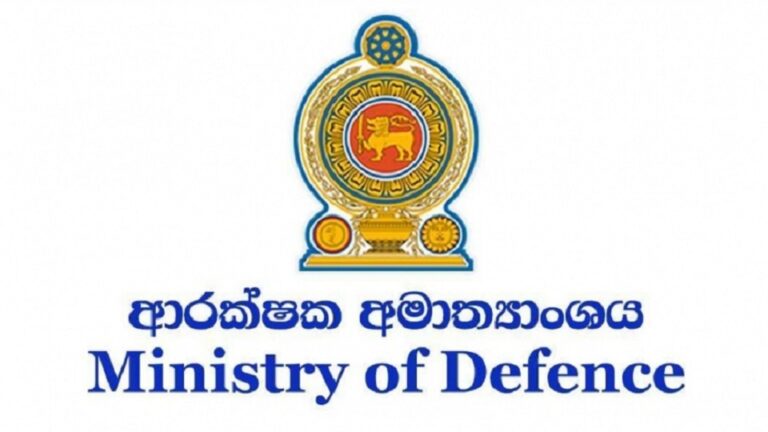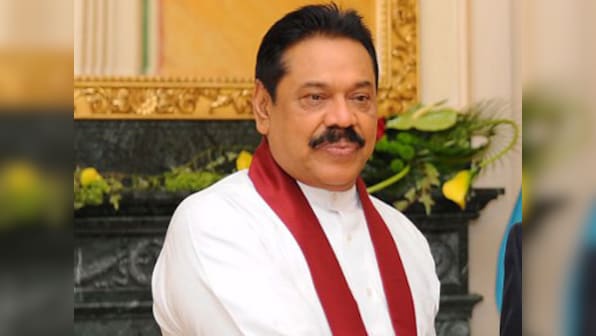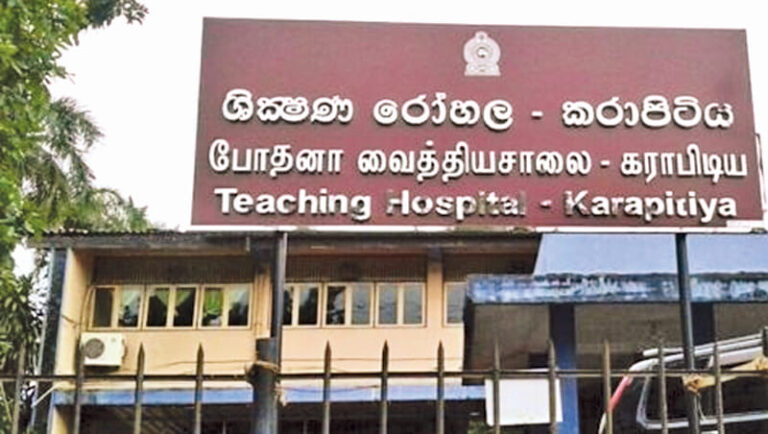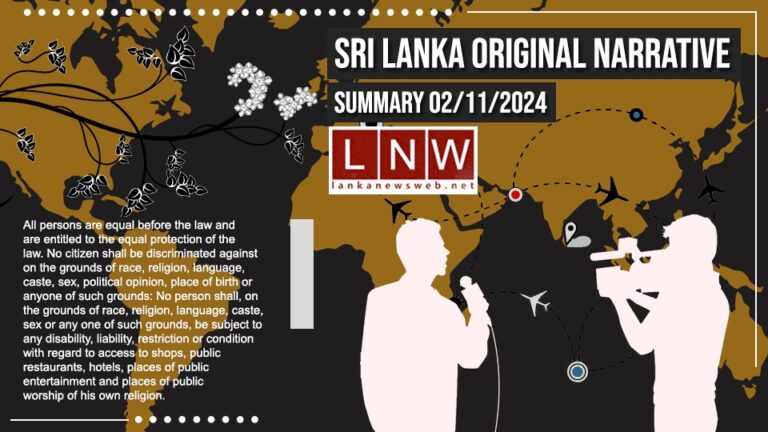November 02, Colombo (LNW): Under the leadership of Lahiru Madushanka, Sri Lanka secured two consecutive victories in the Hong Kong Cricket Sixes tournament, defeating both Oman and Bangladesh to clinch a spot in the quarterfinals.
The thrilling matches were held yesterday at Hong Kong’s Mission Road Grounds.
In their second game against Bangladesh, Sri Lanka’s bowlers delivered a resilient performance, clinching an 18-run win.
Dhananjaya Lakshan gave the team a strong start by dismissing Bangladesh captain Yasir Ali in his first over, after Ali managed only a six in his pursuit of a 108-run target.
Jishan Alam’s quick 27 off 13 balls and Mohammad Saifuddin’s powerful 42 not out off 17 balls, including five boundaries and a six, kept Bangladesh in the chase with a solid 58-run partnership for the second wicket.
However, Lahiru Samarakoon shifted the momentum by claiming the wickets of Alam and Abu Hider in the fifth over, putting Bangladesh under significant pressure, as they still required 39 runs from the final over.
Off-spinner Thanuka Dabare restricted Bangladesh to just 20 runs, sealing Sri Lanka’s victory with Bangladesh at 89 for 3. Captain Madushanka earned the ‘Player of the Match’ title for his unbeaten 48 off 17 balls, which featured three fours and five sixes, bringing Sri Lanka’s score to a competitive 107 for 3 in their six overs.
Contributions came from Sadun Weerakkody, with 18 runs off three sixes, and Dabare, who added 32 off 12 balls, including four boundaries and two sixes.
Sri Lanka’s opening match saw them dominate Oman with a 4-wicket victory and 11 balls remaining.
Oman posted a modest 80 for 2, with Vinayak Shukla top-scoring with an unbeaten 50. Lakshan and Madushanka each took a wicket, containing Oman effectively.
Sri Lanka responded quickly, achieving the target in just 4.1 overs with four wickets in hand.
Sandun Weerakkody impressed with a rapid 28 off 7 balls, striking one boundary and four sixes, while Samarakoon remained not out on 20 off 6 balls, hitting three sixes.
Lakshan, economical with only six runs in his opening over, earned ‘Player of the Match’ honours.
These back-to-back wins placed Sri Lanka at the top of Group D, while Bangladesh secured second place with a win over Oman, who finished without a victory.
South Africa and Pakistan also advanced with undefeated group stage records. Australia and Nepal will play an additional match to finalise their quarterfinal standings.
Key Scores
- Sri Lanka beat Oman by 4 wickets
Oman: 80/2 (6 overs) – Vinayak Shukla 50 (retired not out), Asif Khan 18*, Dhananjaya Lakshan 1/6, Lahiru Madushanka 1/16
Sri Lanka: 82/2 (4.1 overs) – Sandun Weerakkody 28, Thanuka Dabare 18, Lahiru Madushanka 15*, Lahiru Samarakoon 20*, Zikria Islam 1/17, Jiten Ramanandi 1/10 - Sri Lanka beat Bangladesh by 18 runs
Sri Lanka: 107/3 (6 overs) – Sandun Weerakkody 18, Thanuka Dabare 32, Lahiru Madushanka 48*
Bangladesh: 89/3 (6 overs) – Jishan Alam 27, Mohammad Saifuddin 42*



